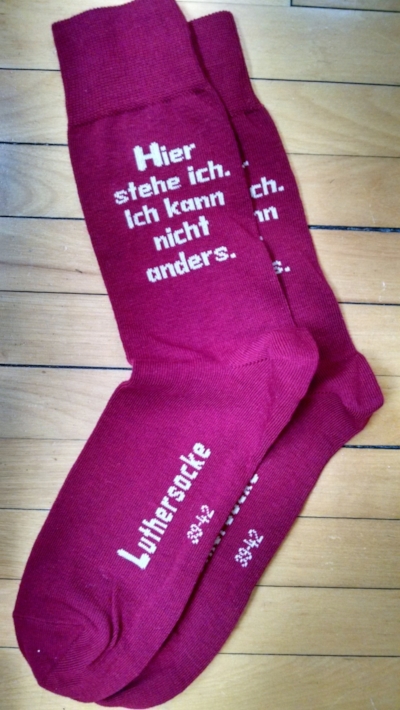It’s easy to write a book about a hero, a one-of-a-kind. Excitement, drama, and surprise inevitably follow. It’s an order of magnitude more difficult to write about an undistinguished soul, one of the many who’ve been forgotten on account of their sheer unremarkable abundance. It’s a testimony to Cíger-Hronský’s gifts as a writer that he has created such a compellingly readable story out of a man as ordinary as a poppyseed—a mak, in Slovak...
Read moreSlovak Novels in English #1: The Year of the Frog
Usually when we think about communism in fiction or film, the dramatic stuff comes to mind—the Cold War, spies, the gulag, interrogations, and the like. But if that was all there was to communist societies, they would have lasted even a shorter time than they actually did. All societies are premised on ordinary people getting on with the business of life, going to school and going to work and having children and eating and sleeping, in as ordinary way as possible.
Martin Šimečka, a noted critic of the ČSSR who first published this book in samizdat editions, presents in his The Year of the Frog a non-sensationalistic look at ordinary life for ordinary citizens who know full well that they live in a communist, nearly totalitarian regime. It’s about the very small-scope freedoms granted and grabbed and what people to do with them. It also shows how little these freedoms count when you’re hemmed in on every side...
Read moreHit Middle Age, Write a Memoir
Picking cherries in the backyard in Svätẏ Jur
A lot of people get depressed when they turn forty. I was thrilled. I figure I was pretty much born forty, so it was a relief to catch up with my real age. Now for the first time I get to act immature, because I’m forty-one-and-a-half but act like I’m forty. However, even if I have always been forty, I have not been able to avoid the famous alteration of perspective that goes with hitting middle age...
Read moreDismissed from Service to the Discrowned
Not long ago I rediscovered what I believe to be the first short story I ever wrote, when I was fourteen. The inspiration came from something I read in Charles Mill Gayley's Classic Myths in English Literature and Art (1893). In the discussion of Pan, the nature god, Gayley mentions that "according to an early Christian tradition, when the heavenly host announced to the shepherds the birth of Christ, a deep groan, heard through the isles of Greece, told that great Pan was dead, that the dynasty of Olympus was dethroned, and the several deities sent wandering in cold and darkness"...
Read moreWhy Japan? —Well, Why Not Japan?
The first time Andrew and I heard about the church history job at Japan Lutheran College and Seminary, we laughed. “Tokyo—ho ho ho!” It was too far away, the language was too hard, the time was not right. I estimate that milliseconds after (if not exactly before the foundation of the world) God responded, “Sarah and Andrew—ho ho ho!” and set in motion the process that would lead to our being called there, Andrew to the church history job and me to pastor an English-language congregation in Tokyo...
Read moreThe Reformation and the Renewal
So, the dust has settled, and we are now on the far side of the Reformation anniversary. I spent so many years at the Institute for Ecumenical Research preparing for it that I’m still kind of in system shock that it’s all over. What next? Will anyone care about Luther in 2018?
Not being a prophet, I can’t say, though I do hope. But perhaps a look at one of the more interesting aspects of Luther research I’ve been engaged in during the past couple of years will point the way toward a possible future...
Read moreMe and Matka Alžbeta
The courtyard of the Lutheran church in Svätý Jur
I was home to Slovakia for my first summer after college, feeling thoroughly confused by my bicontinental life and the challenges of reintegrating into my family after almost a year away with only a Christmas visit in the middle; not to mention trying to remember how to speak Slovak and figure out where I fit into the lives of my friends when things had changed so much for all of us...
Read moreMatka Alžbeta / Mother Elizabeth
They called from the jail:
Tomorrow morning a woman will be shot.
It’s necessary to give her last rites.
So they called from the jail...
There We Walked
October 31 of this year marks the five hundredth anniversary of Luther’s posting of the Ninety-Five Theses. It marks a more modest anniversary for me as well: the seventh anniversary of the conclusion of the long walk Andrew and I took in Luther’s footsteps. The idea germinated back in grad school, when one day it dawned on my hiker husband that the great reformer himself had once been a hiker, too. Friars on pilgrimage to Rome were expected to go on foot the whole way (a ferry crossing was apparently the one allowable exception). Luther must’ve been a lot tougher than the portly portraits of his later years suggest...
Read moreExplorations in Martin Luther’s Theology—in Chinese
This book happened by accident.
In 2014 I was once again teaching an annual course called Studying Luther in Wittenberg. My colleague Theodor Dieter and I have led the November seminar (there’s also a March one) since 2009. It gathers Lutheran pastors from all over the world, about twenty of them, for a fortnight of intensive study in the heartland of the Reformation. We’ve had people from Senegal, Greenland, Myanmar, Colombia, and Poland—places you may not even expect to find Lutherans!...
Read more








